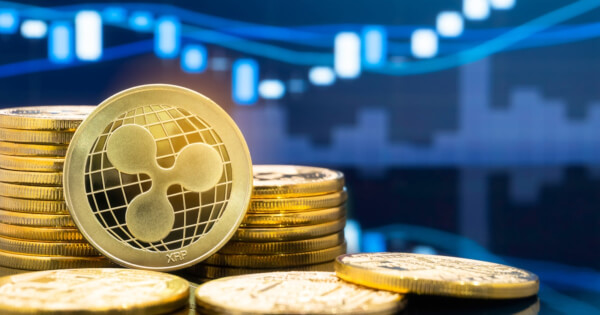Antony Welfare, Ripple’s CBDC adviser, recently participated in a fintech conference in Central and Eastern Europe (CEE), where he presented two groundbreaking use cases. One of these is the tokenization of real estate, a concept that is rapidly gaining momentum as a potential future for the real estate industry, as he claimed
The e-HKD, a hypothetical digital currency, and tokenized real estate are three distinct protocols that Ripple is currently experimenting out. This innovative method enables users to tokenize real estate assets and utilize them as loan collateral, which has the potential to increase access to real estate financing for more individuals.
This will be made feasible by using the secure, private, and permissioned ledger known as the Ripple CBDC Platform. This platform was developed to make it simpler to manage tokenized assets and digital currencies securely, effectively, and decentralizedly.
With the Non-Fungible Tokens (NFTs), Ripple has already established a presence in the real estate sector prior to this development. In order to use the XRP Ledger for the purpose of creating and dispersing NFTs indicating property ownership, ProprHome engaged into a cooperation with Ripple in November 2022. This would simplify the house buying, selling, and renting processes.
Blockchain technology has already been employed in real-world real estate transactions in certain cases. Leslie Alessandra utilized a blockchain and a non-fungible token (NFT) to finalize the sale of her house in Gulfport, Florida, in February 2022, making her the first individual in the United States to sell a property in this manner.
The Central Bank of Russia (CBR) looked at the use of CBDCs for the settlement of real estate transaction transactions in June 2022.
On the other side, tokenizing real estate is not without its share of challenges. Hong Kong Securities and Futures Commission (SFC) has listed many suspected unauthorised projects related to real estate tokenization.
Image source: Shutterstock

